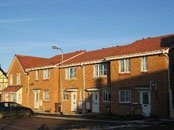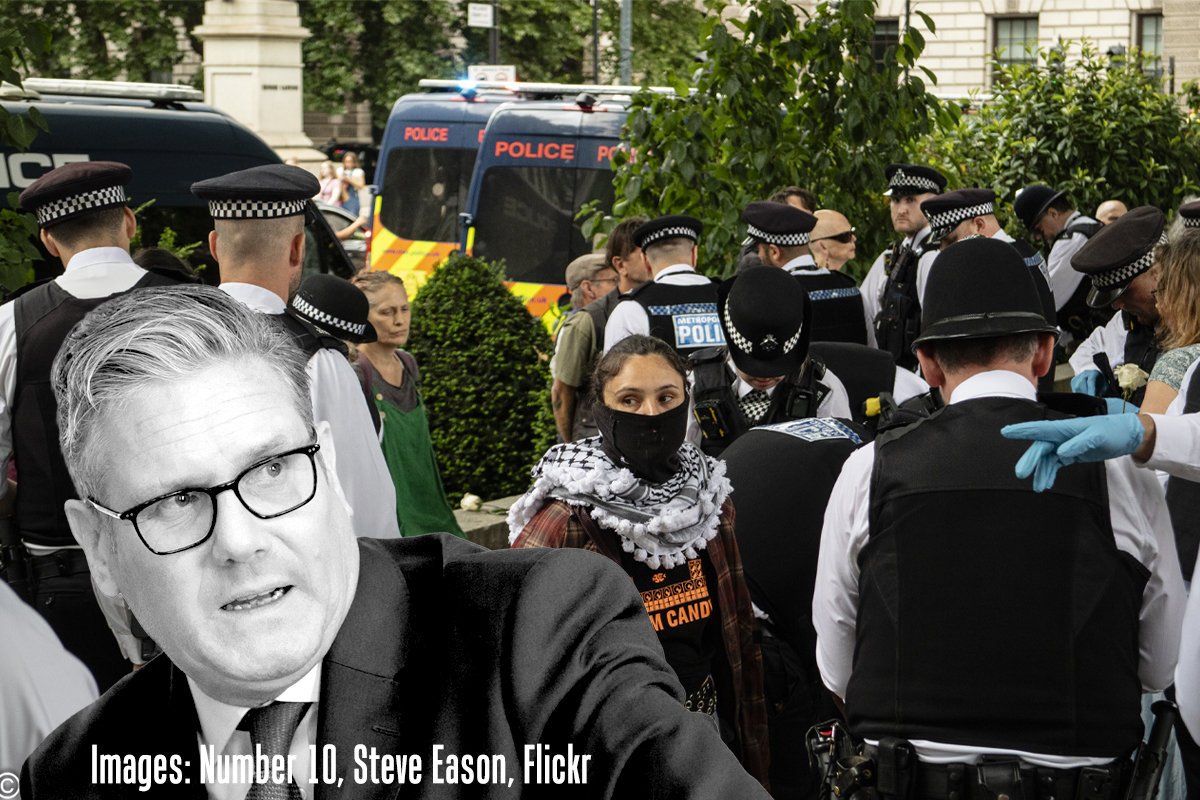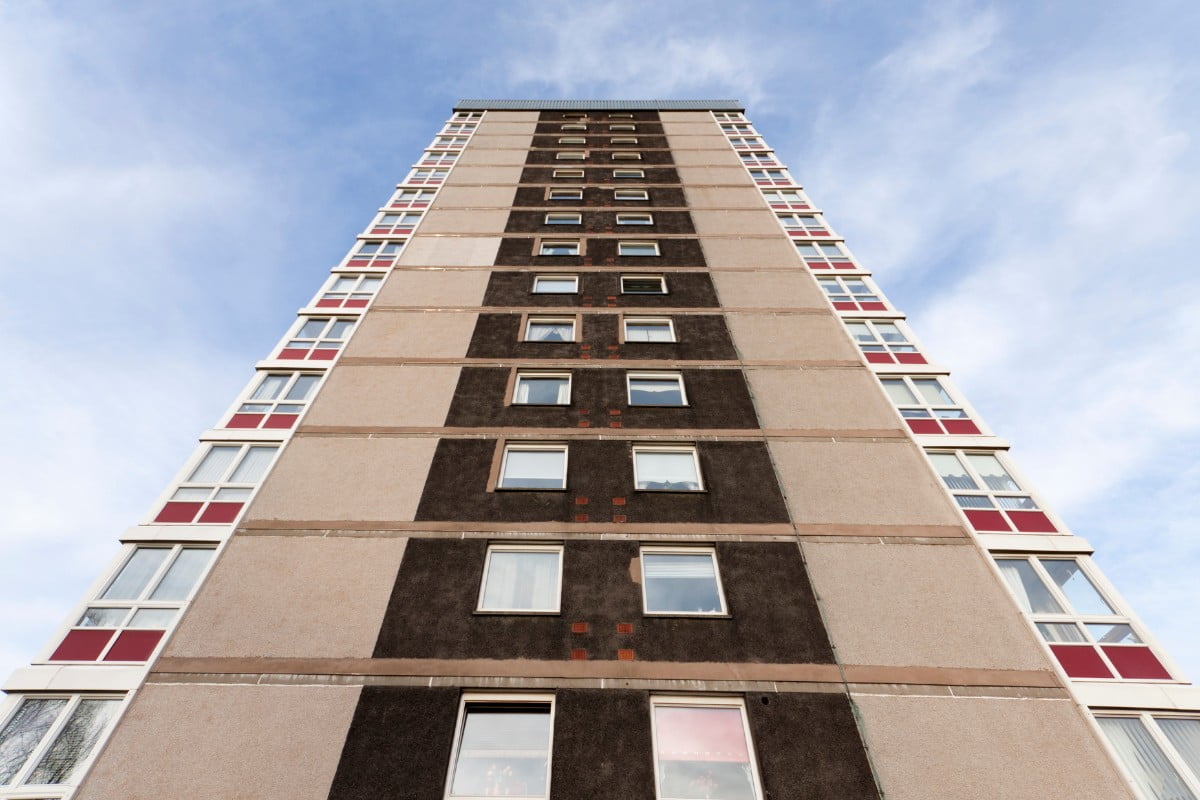 |
| Caroline flint MP |
Caroline Flint the new
Housing Minister has proposed that new tenants on council estates will have to
sign up to "actively seek work" as a condition of their tenancy. So now it’s a
case of "no dog, no cat, no loud music, keep the place spick and span and you
must get a job". Most council tenants and their families will see this as
patronising and insulting and completely out of touch with reality.
There is something
disturbingly familiar about this rubbish: it’s like the old Victorian notion of the deserving and
undeserving poor.
An Englishman’s home is his castle
Some Englishmen live in
castles, draughty old buildings with leaky roofs and big holes in the walls.
Most castles however have been taken over by the National Trust and English
Heritage. For the rest of us however, slum clearance was supposed to get rid of
inadequate housing!
There is a myth supposedly
derived from bourgeois law that "an Englishman’s home is his castle". Or maybe
in council estates and housing schemes throughout Britain, "a little old lady’s
high rise flat with a view of the sewage works is her castle" would be more
accurate. It means that having a home or a tenancy gives you certain rights,
these might be limited by tenancy conditions, but linking it to benefits and
"work" is a step too far.
Council Housing or "social
housing" began in Britain as a policy of "homes fit for heroes" after the First
World War. Until the late 1970s, even the Tories seemed willing to support it
in practice, if not in principle. All that changed under the Thatcher
government.
Housing estates have always
been acknowledged as centres of urban deprivation labelled at various times
with words like "Inner city",
"Isolated", "Poor access to services", "Juvenile delinquency", "Anti social behaviour",
then "ASBOs", "Long term unemployment",
"Youth crime and disorder", "TWOC"
(stealing cars), "Urban deprivation", "Drug and alcohol", "mental health
problems", "Under- privilege".
Government responses have
been varied: "short sharp shock", "right to buy", "choice", "trickle down" or
"laissez faire", "tough on crime… tough on the causes of crime", "social inclusion",
"regeneration".
Language
Over many years the language
has been altered to disguise the real issues. Unemployed people are now NEET
(Not in education, employment or training).
They are also workless. In fact "worklessness" is now one of the worst types of
"ness" you can catch. In the Margaret Thatcher years, it was apparently possible
to also catch "fecklessness" and "idleness", or at least that’s what the Daily
Mail would have you believe. Poverty and unemployment are the big issues
whatever you call them.
What is clear is that, far
from dealing with the fundamental issues, successive governments have tended to
label people first and then make life difficult for them. After all think how
easy it is to take on the poorest and most vulnerable people in society than
take on the idle rich and their feckless progeny.
What are the demographics of
council housing at present? In many areas the "right to buy" has badly affected
housing stocks. This means that in some areas only the poorer quality, more run
down areas have remained under "social housing". In many cases the populations
of the estates are old, or single parents, or people with health problems. In
other areas there is a very transient population with poor job prospects, few
skills and little chance of finding a job.
Labour
Over the course of the
Labour Government since 1997 there have been some changes, some additional investment
in some areas, but on the other hand the negative effects of "modernisation"
such as Arms Length Management Organisations (ALMOs) and the ever increasing
mountain of legislation that seems to be intent on criminalising young people
for – being young. Exclusion zones, ASBOs and such like are ostensibly a
response to the of tenants’ perceptions of "disorder" and so on. But in many
cases the types of problems that are being targeted are low level issues,
symptomatic of a clear lack of things to do for young people and places to go.
Lack of opportunities, poor
facilities, isolation and in many cases police repression led directly to
social explosions in many areas in the 1980s and 1990s in Britain. The riots in
Brixton, Toxteth, Broadwater Farm, Meadow Well stand as legacies to the failure
to offer a future to young people. There will be many more riots in the future
unless the problems are properly dealt with.
NEET Hotspots
A recent development in
policy has been the identification of NEET hotspots. These are areas where
there is high unemployment and lots of "issues". Many of these are in close
vicinity to places where "declining" industries turned up their toes. Figures
quoted in "The Guardian" 5-2-2008 indicate that of the 4 million people living
in social housing 1.4 million are out of work. So, in reality what NEET hotspot
means is an area that suffered from being abandoned by capitalism, where lack
of investment has created poverty, social problems and generational
unemployment.
It would seem a fairly
straightforward argument that where there is a NEET hotspot, then the best
thing to develop would be a "work" hotspot. A "work" hotspot would also need to
become an "infrastructure" hotspot. It would also become a "services" hotspot,
because sooner or later it would become a "wages and salaries" hotspot.
But no, that would require
serious investment. It might require planning of the economy. It might even
require a Socialist Labour Government.
- Implement a Socialist Programme now
- Equal opportunities for all the unemployed
- Proper jobs and training for all
- No victimisation of council tenants
- For a massive scheme of public investment and
public works - For a Socialist Labour Government






